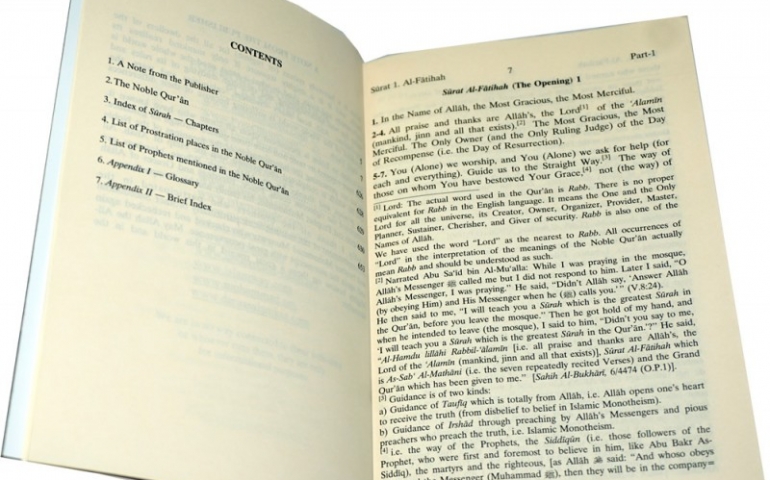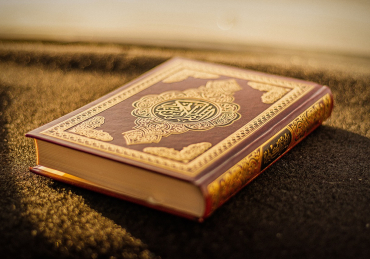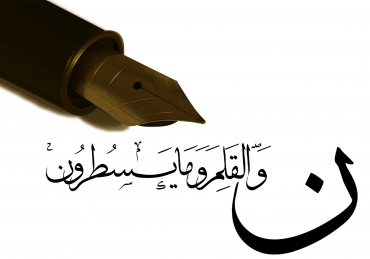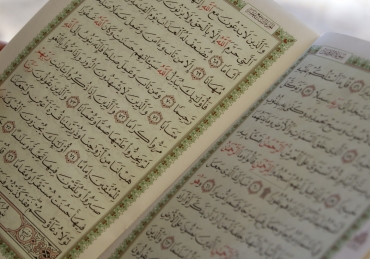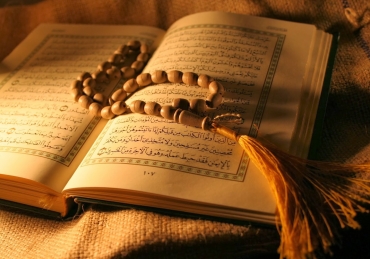A detailed document regarding the prohibition of publishing a translation of the Qur’an without the Arabic text.
Click on the following link to download: Can Quran Translation Be Published Without The Arabic Text (Dec 2016)
Click on the following link to download the French translation kindly sent by Shaykh Ataullah Ingar of Reunion: Can Quran Translation Be Published Without The Arabic Text (French version)
The document includes:
- The initial Fatwā.
- Addendum with the answers to 12 subsequent questions.
- List of 31 signatories from Bangladesh, Canada, India, Pakistan, South Africa, and the UK.
- Fatāwā of Nadwatul Ulama (Lucknow, India), Jamia Islamia Ishaatul Uloom (Akkalkuwa, India), Jamia Farooqia (Karachi, Pakistan), Jamia Othmania (Peshawar, Pakistan) and Darul Uloom Zakaria (South Africa).
- Excerpts from the works of Mawlānā Ẓafar Aḥmad ʿUthmānī (d. 1394/1974), Mufti Muḥammad Shafīʿ ʿUthmānī (d. 1396/1976) and Muftī Saʿīd Aḥmad Pālanpūrī (b. 1362/1942 – ).
- The Indian Fiqh Academy (IFA) resolution from the March 2015 convention; the resolutions also touch upon the status of transliterating the Qurʾān and Braille Qurʾān.
The list of signatories to the prohibition include:
- Mufti Habibur Rahman Sahib (Darul Uloom Deoband, India)
- Mufti Ahmed Khanpuri Sahib (Jamiah Islamiah Talimuddin Dabhel, India)
- Mufti Shabbir Ahmed Sahib (Darul Uloom Bury, UK)
- Shaykh Sayyid Salman Nadwi (Darul Uloom Nadwatul Ulama, Lucknow, India)
- Mufti Ikramul Haq Sahib (Jamiatul Ilm Wal Huda, Blackburn, UK)
- Mufti Tahir Wadi Sahib (Darul Uloom Bury, UK)
- Mufti Farooq Luharvi Sahib (Darul Uloom London, UK)
- Mufti Nur Ahmed Sahib (Hathazari Madrasa, Chittagong, Bangladesh)
- Mufti Riazul Haq Sahib (Potia Madrasah, Chittagong, Bangladesh)
- Mufti Abdurrahman Sahib (Bashundhara Islamic Research Centre, Dhaka, Bangladesh)
- Mufti Muhammad Saeed Motara Sahib (Darul Uloom Azaadville, South Africa)
- Mufti Abdul Kader Hoosen Sahib (Channel Islam International, South Africa)
- Shaykh Muhammad Saleem Dhorat Sahib (Islamic Dawah Academy, Leicester, UK)
- Mufti Yusuf Sacha Sahib (Darul Iftaa, Batley, UK)
- Mufti Abdul Hamid Sahib (Tauheedul Islam Trust, Blackburn, UK)
- Mufti Yusuf Afshani Sahib (Jamia Farooqia, Karachia, Pakistan)
- Mufti Abdul Bari Sahib (Jamia Farooqia, Karachi, Pakistan)
- Mufti Gulam Qadir Sahib (Darul Uloom Jamia Haqqania Akora Khattak, Pakistan)
- Moulana Anwarul Haq Sahib (Wifaq-ul-Madaris Alarabia, Pakistan)
- Moulana Maghfoorullah Sahib ((Darul Uloom Jamia Haqqania Akora Khattak, Pakistan)
- Mufti Farid Patel Sahib (Muscat, Oman)
- Mufti Sajid Patel Sahib (Chadwell Heath, Essex, UK)
- Mufti Muhammad Ibn Adam Sahib (Darul Iftaa, Leicester, UK)
- Mufti Ebrahim Salejee Sahib (Madrasah Taleemuddeen, Durban, South Africa)
- Mufti Ja’far Milli Sahib (Jamia Islamia Ishatul Uloom, Akkalkuwa, India) – Please also refer to the Fatwa received in the appendices.
- Mufti Ismaeel Bassa (Jamiatul Ulama KZN, South Africa)
- Mufti Saiful Islam Sahib (Jamiah Khatamun Nabiyeen, Bradford, UK)
- Mufti Husain Ahmad Madani (Darul Uloom, Canada)
- Mufti Radha ul Haq Sahib (Darul Uloom Zakariyya, South Africa) provided a Fatwa affirming the prohibition. This Fatwa is available in the appendices.
- Mufti Niyaz Ahmed Nadwi (Nadwatul Ulama, Lucknow, India) and
- Mufti Muhammad Zafar Alam Nadwi (Nadwatul Ulama, Lucknow, India) provided a Fatwa affirming the prohibition. This Fatwa is available in the appendices.

